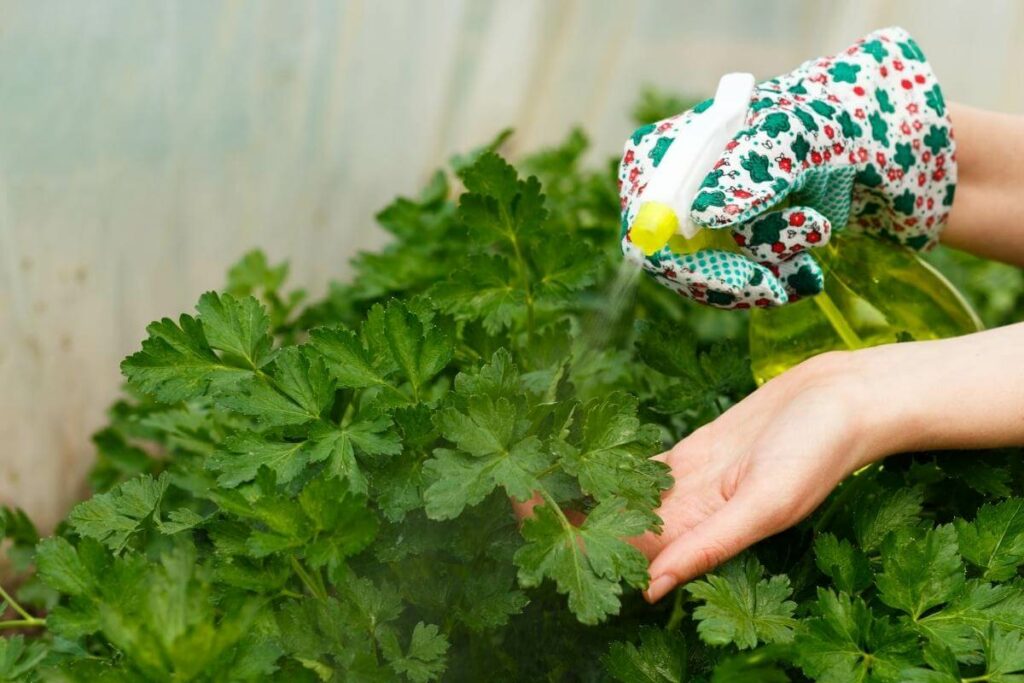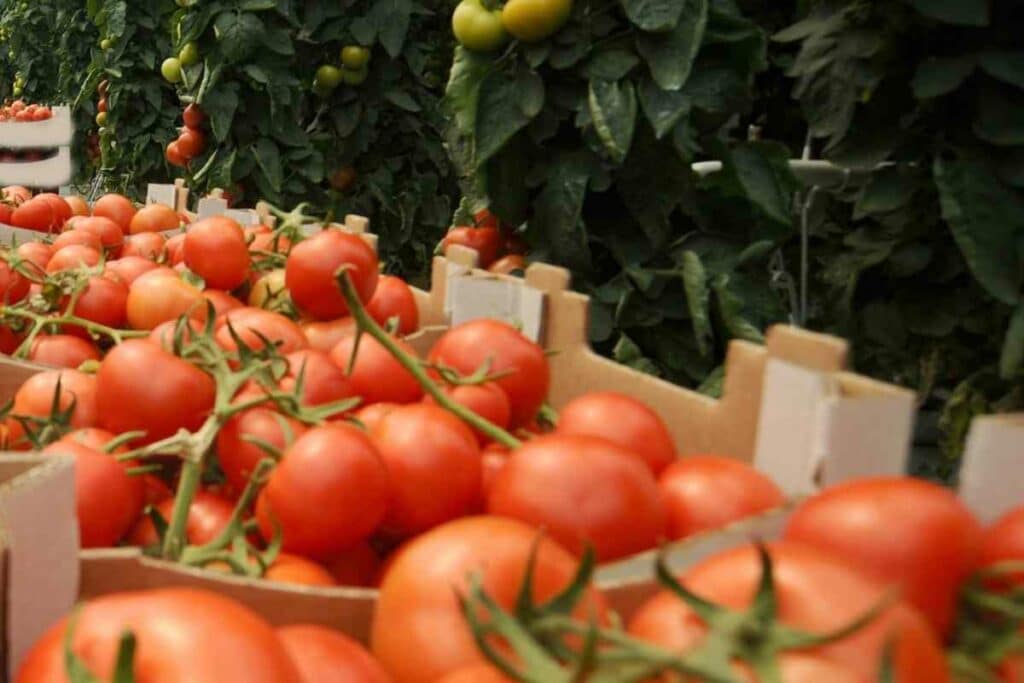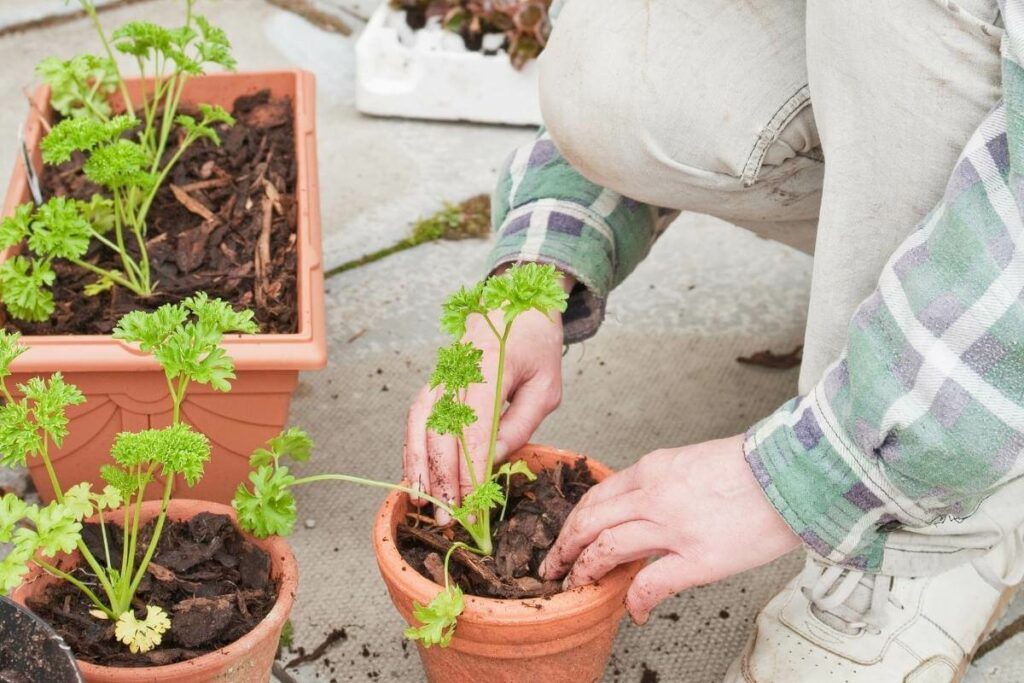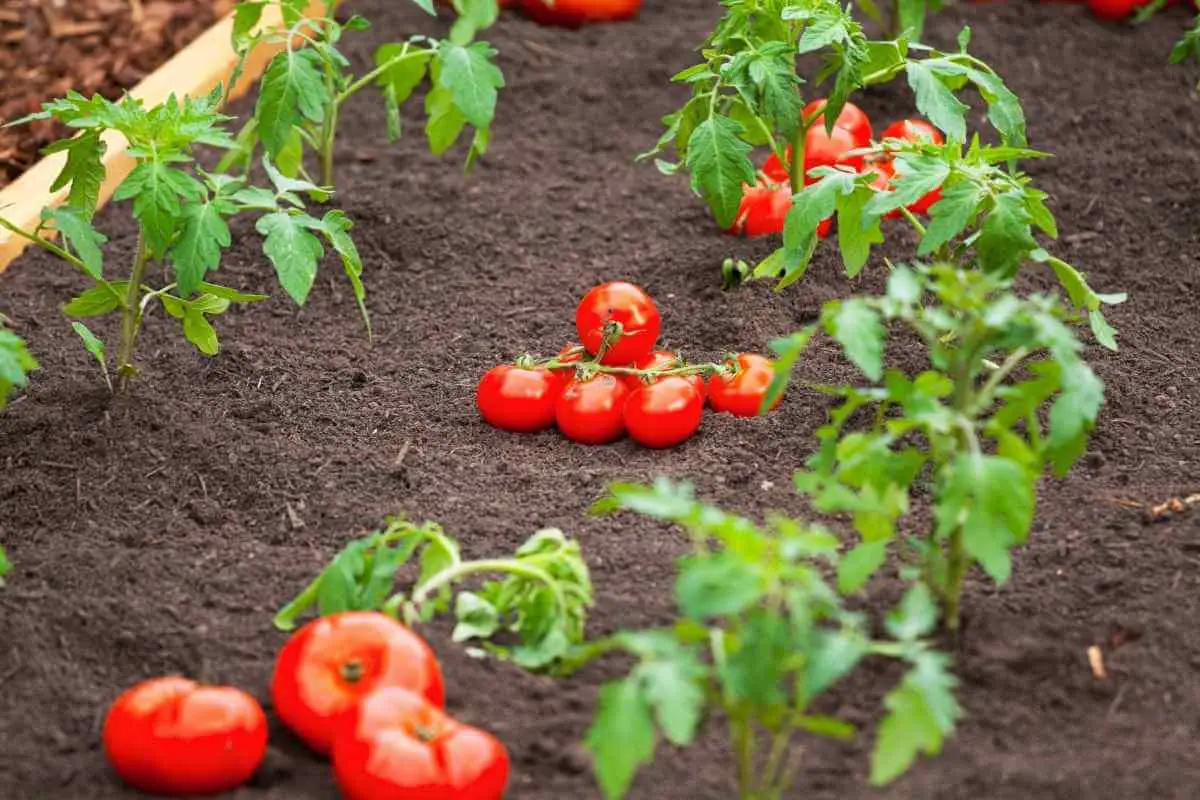If you’ve been thinking about creating your garden or replanting one you currently have, you should consider incorporating Bonnie plants.
The company is known for the various varieties it has.
With bonnie plants, you will take gardening to the next level. The joy of gardening and the satisfaction of raising good food are blessings that gardeners never outgrow.
Bonnie Plants do not use any form of systemic new nicotine-like insecticides (NNIs). Regarding the phrase “Organic gardening,” this is when you choose to plant the designated flowers, veggies, or herbs using only natural ways.
As a result, they are not subjected to any artificial chemicals.
The neonicotinoids (NNIs) are systemic poisons absorbed by the plant and cannot be washed away once applied.
Why Are Bonnie Plants Organic?
They Are USDA Approved
All Bonnie plants are USDA Organic certified.
The USDA Organic seal is a labeling term found on items that have been produced utilizing cultural, biological, and mechanical processes that promote ecological balance, maintain biodiversity, and encourage the cycling of on-farm resources.
In a nutshell, it enforces organic norms.
To establish an organic claim, the finished product must meet stringent organic requirements before being USDA recognized.
The National Organic Program, a division of the USDA’s agriculture marketing agency, conducts these survey inspections to ensure that goods meet all standards under the USDA organic laws to be labeled as organic.
As a Result: One may be confident that the integrity of USDA organic goods is ensured from farm to market.
They Don’t Utilize Pesticides/Insecticides
Organic gardening is a natural choice for anyone who believes in and respects the health advantages of eating organic food.
Bonnie plant vendors choose to cultivate their plants in the same way as organic farmers do.
They grow their plants without using any synthetic chemicals, such as chemically-based pesticides and insecticides, and they employ regular crop rotation throughout the growth of their countrywide greenhouse production of transplants.
They Are Non-GMO
GMOs, also known as genetically modified organisms, GE (genetically engineered), herbicide-tolerant (HT), or Bt crops.

GMOs (genetically modified organisms) are not permitted in organic products. This means that an organic farmer cannot even use GMO seeds.
To fulfill USDA organic rules and get certified.
Bonnie plant suppliers must have demonstrated that they do not use GMOs and keep their goods from contact with forbidden contaminants, including GMOs, from greenhouse to home.
Ways In Which Organic Bonnie Plants Are Grown
Planting organic bonnie starter plants gets you one step ahead of the game, making it easier to get started and also gets you one step closer to harvesting.
They are an easy-growing plant for the garden or container.
Fortunately, the Plants are already mature and ready to be planted in your garden as soon as you get them home.
An ideal environment with the right balance of nutrients and soluble water is crucial for plants.
Having decided on what to plant:
- Create raised bed: They work well if you don’t have perfect soil as you can control the components in the ground. This allows you to use near-perfect soil, making your plants reproductive. Keep beds tidy by holding back soil with vintage posts.
- Trellising: This improves the production of your yield. It also prevents your harvest from rotting and increases usable.
- Wide rows: If they are planted too close together, their roots will fight for sunshine, water, and nutrients, and you may end up with mature plants that are smaller and less productive than they would have been. Garden rows should be about 18 inches apart, but more space may be required for the bigger ones. Container gardening is an excellent method to start vegetable and herb planting if you don’t have a lot of room. All you need is some sunlight and a supply of water. Just remember to install drainage holes if they don’t already exist.
- Plant them: Dig shallow trenches with a spade and set the plant in the hole at the proper depth. Fill in the dirt around the plant, then pat itdown lightly. Some plants, such as tomatoes, may be planted deeper by burying two-thirds of them so that more roots can form along the stem.
- Water your plants
Differences Between Organic Bonnie Plants And Seeds
Organic Starter Plants Require Less Care, Time, and Energy than Seeds
Organic bonnie plants are usually a few weeks old.
They will provide you with a big head start on the season because their maturation rate is shorter, resulting in an early harvest.

Place the plant in the location you’ve picked for it, water it, and you’re done.
On the other hand, seeds necessitate a significant investment of time and energy as you nurture them through germination, sprouting, up-to complete grown plants.
Direct seeding is riskier since the seeds must contend with dangers such as poor weather patterns in order to achieve success.
Organic Bonnie Plants Compensate for Missed Planting Time While Seeds Don’t
At some point, you may have every intention of starting your garden, but an unavoidable circumstance comes up, and by the time you get around to planting, it’s weeks later.
Starter plants compensate for lost time by maturing as the season progresses and being available for purchase throughout their growth period.
Unfortunately, seeds will not compensate for missed time if an unavoidable scenario occurs.
It is essential that you spend some time preparing with a calendar when cultivating seeds.
Consider when each plant type should be seeded, when flowers will blossom, and when edible plants will be available for harvest.
Steps To Be Taken: You must research the plant kind and ensure that you are planting at the appropriate time.
Organic Starter Plants Are More Resistant to Pests and Sickness, Unlike Seeds
Organic bonnie plants are more resistant to pests and sickness.
This is because seedlings are more grown and stronger when transplanted.
Thus, the chance of losing the plants is smaller than that of seeds.

Organic bonnie plants that have been cultivated in a greenhouse have been nurtured in circumstances that promote well-developed root systems and rapid development.
Furthermore, they are less likely to be harmed by cutworms.
There is no balance in the growth of seeds, and the gardener consequently leaves others behind.
The period between sprouting and transplanting can be hazardous to plants since the chance of plant loss increases, and gardeners frequently lose part of the seeds they sow due to disease, insects, and other factors like weeds.
Also, considering the harsh climatic conditions, they would undergo while growing.
Organic Bonnie Plants Mature Faster than Seeds
The maturity rate will be faster, resulting in an early harvest.
The closer a plant gets to maturity, the sooner it bears fruit. Organic bonnie plants get you closer to harvest.
That means you’ll be able to appreciate the picturesque splendor of your garden or homemade salsa sooner.
On the other hand, Seeds typically take longer to mature than seedlings. Unlike the bonnie plants, the maturity rate is slower, which would take far too long to develop.
Furthermore: Too much time would have been invested for the seed to establish. As a result, the results may not be available sooner.
Final Thoughts
Choosing organic Bonnie plants is a way for individuals who believe in and respect the advantages of going organic.
They grow their plant strictly following the organic rules and practices to ensure you get a quality plant.
When all of the benefits are considered, organic bonnie plants are worth growing. They outperform in terms of performance, simplicity, and lack of a waiting period or time constraints.
The farmer’s preference will choose whether to plant seeds or seedlings.
